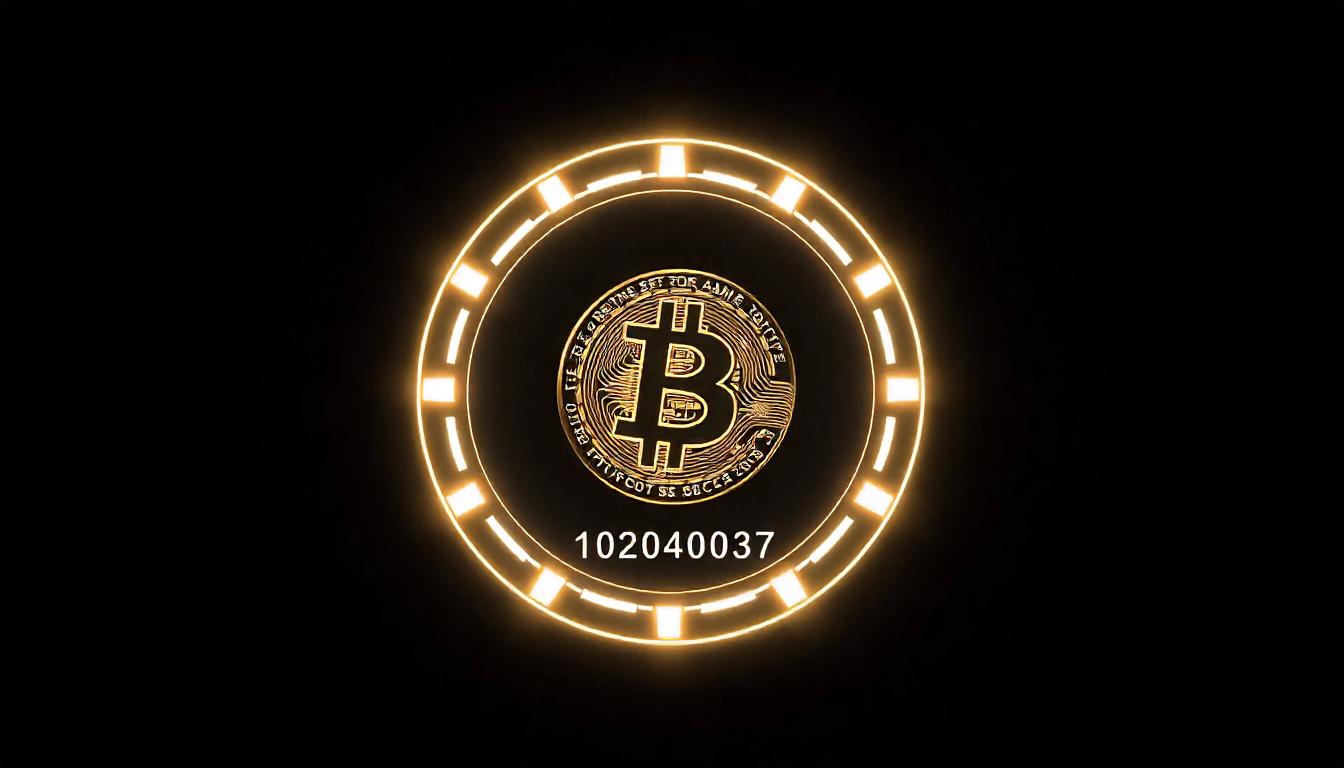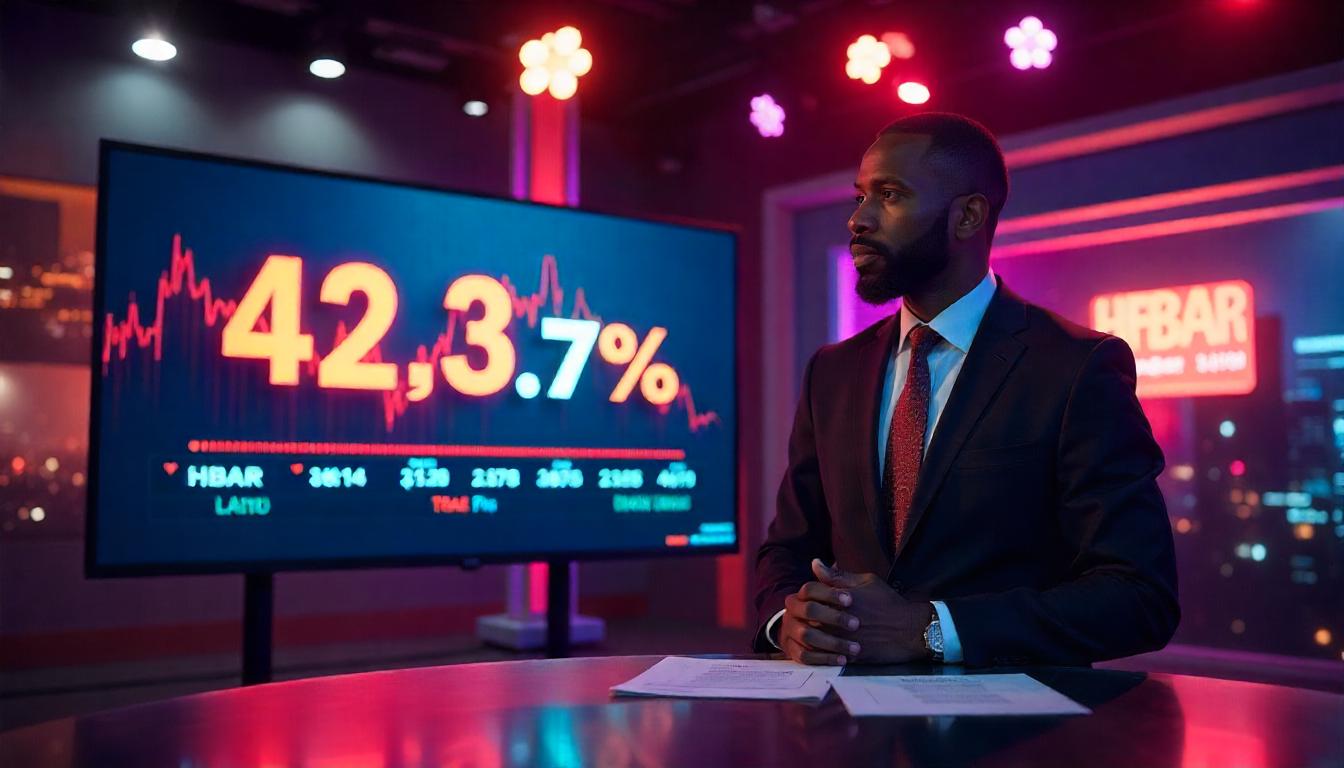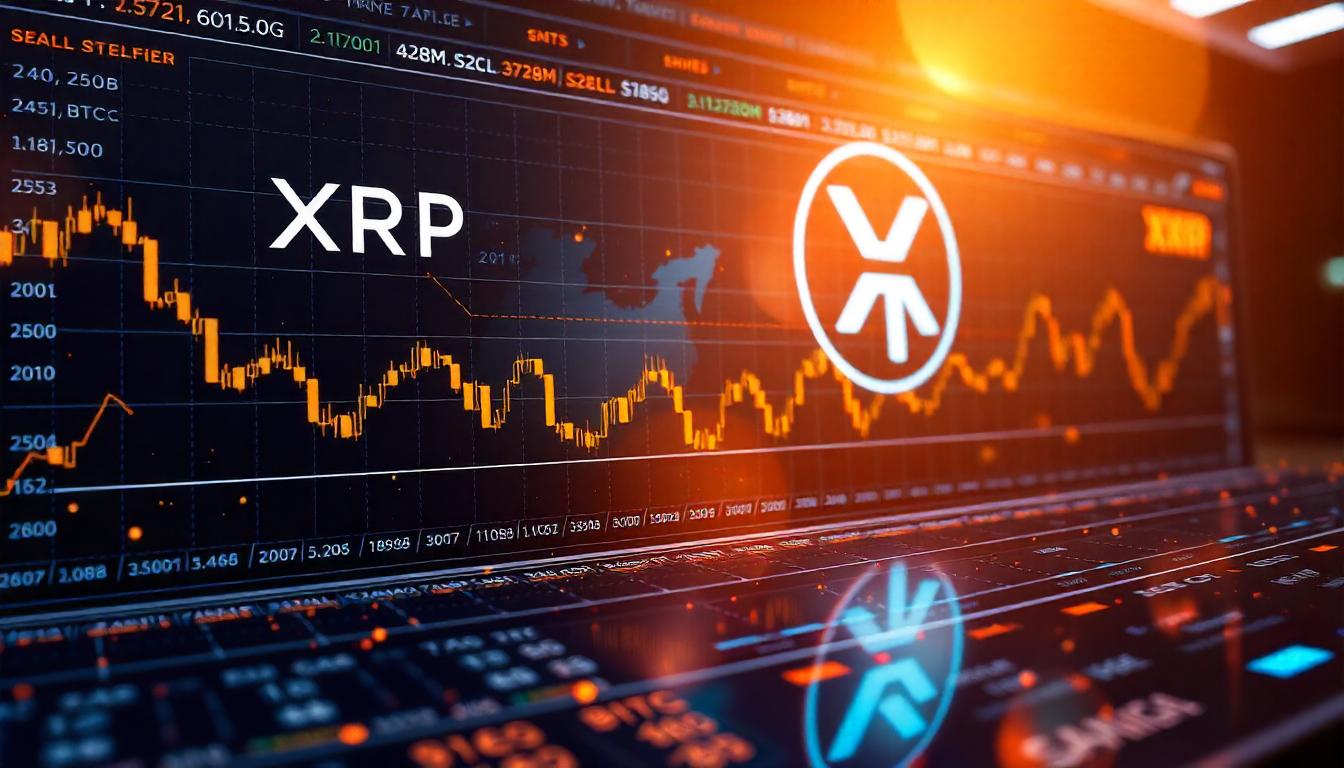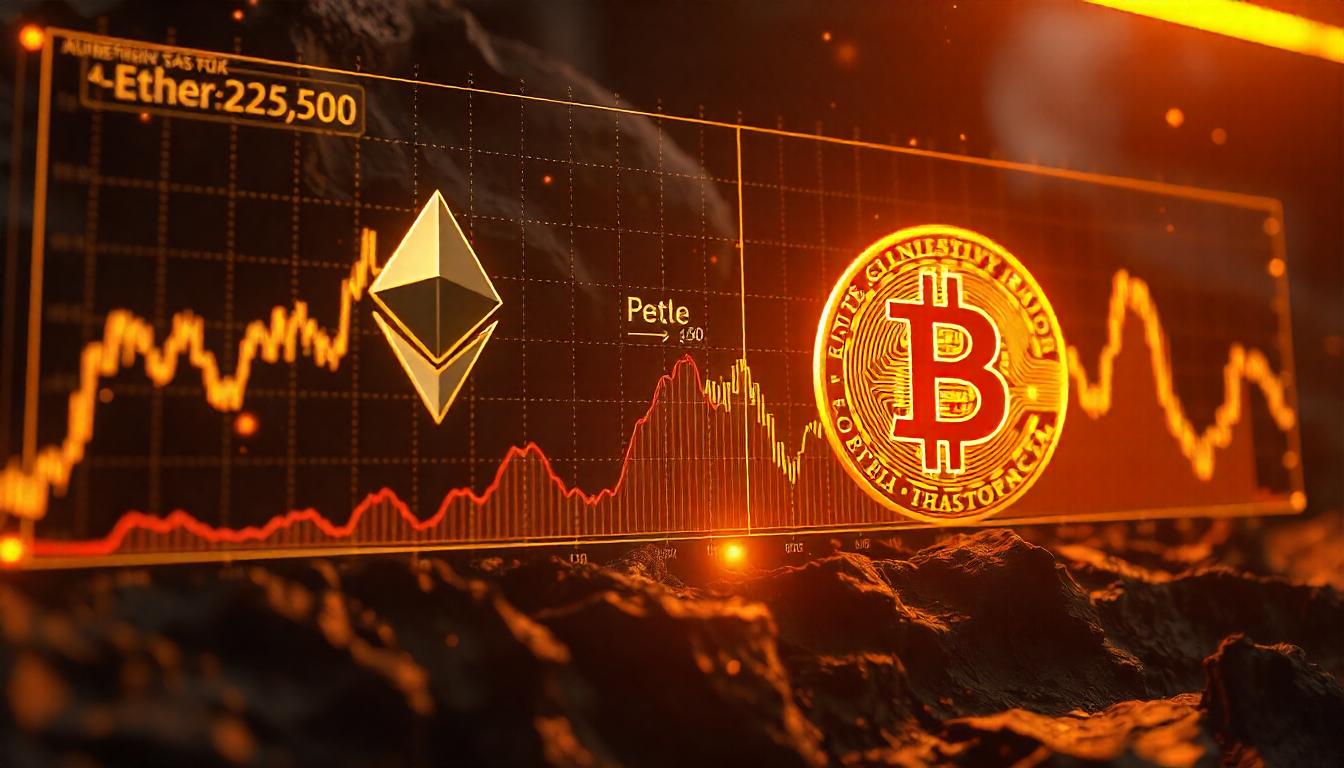
Bitcoin miners are navigating a complex landscape as both the hashrate and mining difficulty continue to surge. Publicly traded Bitcoin (BTC) mining companies are nearing a collective market capitalization of $40 billion, a remarkable leap from just $20 billion earlier this year, according to Farside data. This surge comes as Bitcoin’s price has surged to unprecedented levels, approaching $100,000 for the first time in its history.
Despite the bullish price action, Bitcoin miners face a challenge: their revenue has been squeezed. In April, the Bitcoin block reward was halved, slashing daily mining rewards. Currently, only 450 BTC are mined daily, and fees paid to miners are at their lowest point in the cycle. On November 27, Bitcoin miners earned just 10 BTC (around $946,000) in fees, according to Glassnode. With Bitcoin’s price now hovering around $96,000, miners must either reduce their costs or find alternative revenue streams to remain profitable.
Further complicating matters, mining difficulty is expected to rise by 3% in the coming days, making it even harder and more expensive to mine new Bitcoin. This adjustment comes in the wake of an ongoing surge in the Bitcoin network’s hashrate, which has remained above 700 exahash per second (EH/s) for more than a month. As of November 27, the seven-day moving average of the hashrate stood at 726 EH/s, showing a consistent upward trend since mid-year, according to Glassnode data. With higher hashrate levels, miners face increased competition for rewards and greater costs associated with mining.
To offset these challenges, many Bitcoin miners have sought diversification. A growing number are shifting focus to high-performance computing (HPC) and artificial intelligence (AI) industries, where demand for computational power is booming. IREN (IREN) recently saw a 30% surge in its shares, driven by heightened interest in AI applications.
Others, such as Marathon Digital Holdings (MARA), are expanding their Bitcoin holdings to bolster their balance sheets. MARA raised $1 billion by issuing a zero-percent convertible note, using the proceeds to purchase an additional 703 BTC. As of November 27, the company now holds a total of 34,794 BTC.
Meanwhile, the CoinShares Valkyrie Bitcoin Miners ETF, which tracks the performance of publicly traded miners, has posted a 60% gain year-to-date, though it still lags behind Bitcoin, which has risen 113% over the same period. As mining difficulty continues to rise, it remains to be seen how miners will adjust to maintain profitability in this increasingly competitive market.





